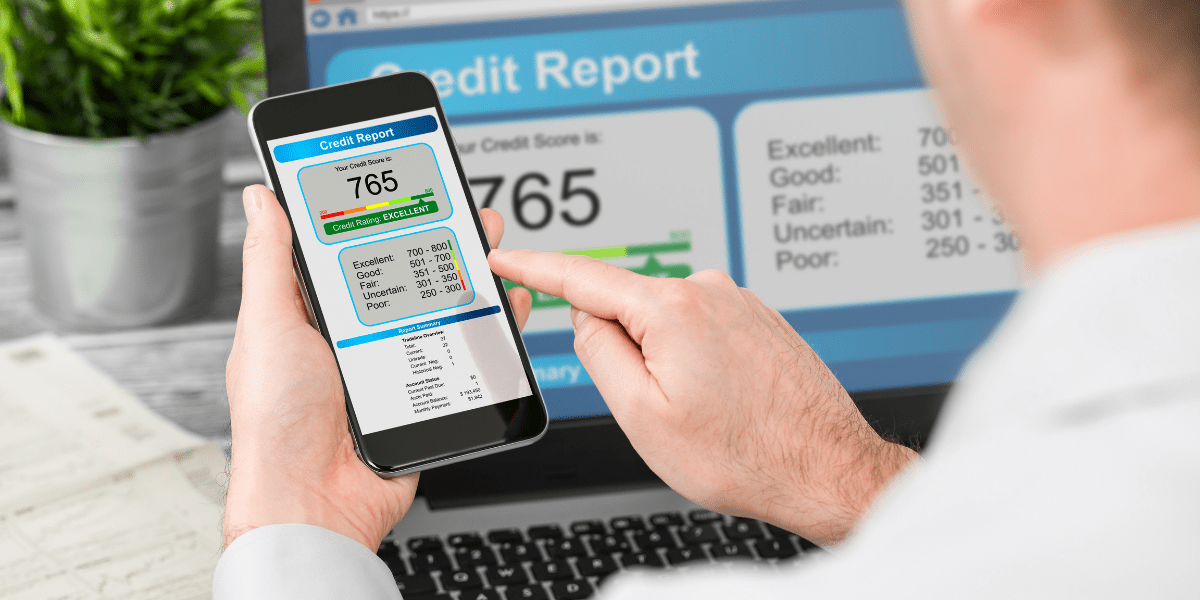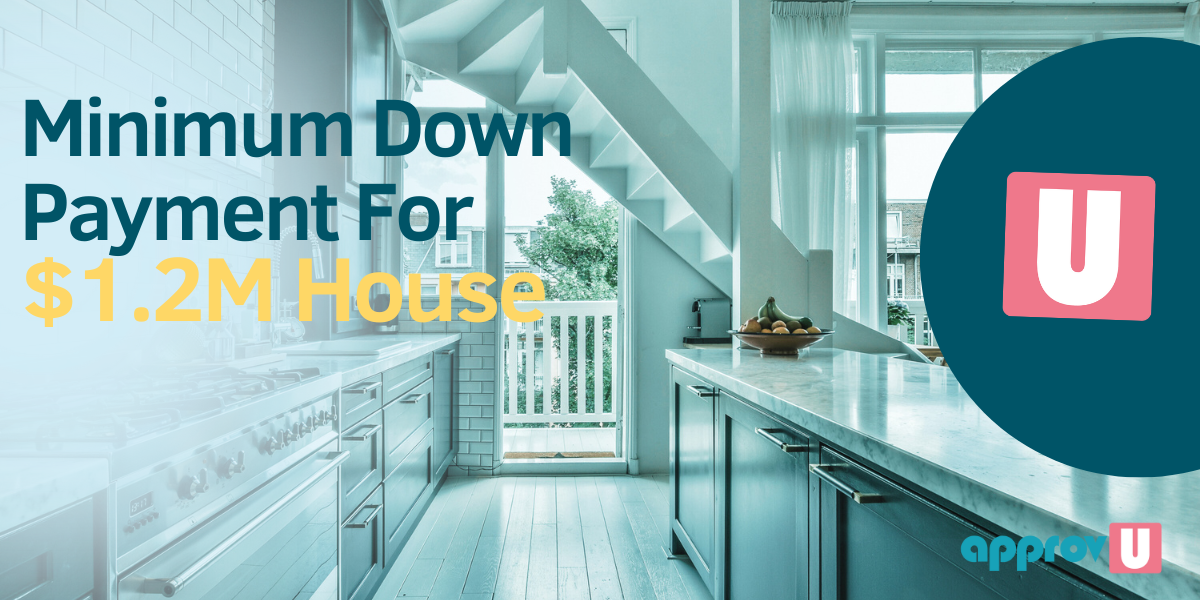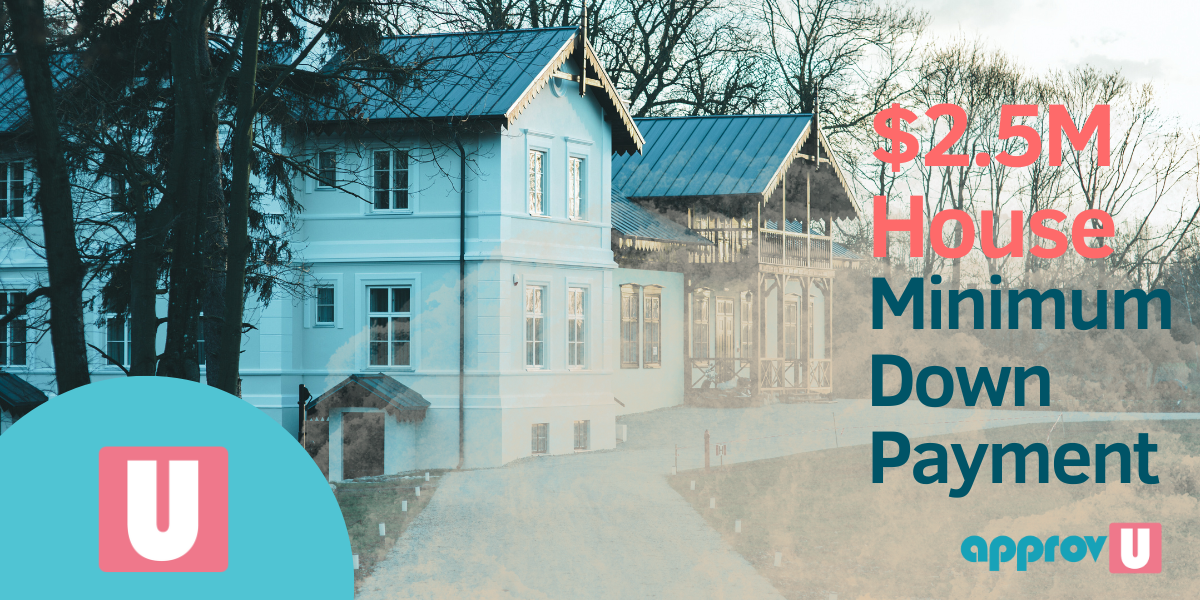Improving your credit score is an essential step toward financial stability and independence.
A good credit score can help you secure loans, mortgages, and credit cards at better interest rates and can even impact your insurance rates and rental applications.
In Canada, credit scores range from 300 to 900 and are calculated based on various factors, including payment history, credit utilization, length of credit history, and types of credit accounts.
So, the question arises, how long does it take to increase your credit score in Canada?
The answer can vary depending on several factors, including the severity of your credit issues and the steps you take to improve your credit health.
However, commitment and effort make it possible to see an improvement in your credit score within a few months to a year.
What Is A Good Credit Score For a Mortgage?
Having a good credit score is essential when applying for a mortgage loan in Canada.
A credit score of 620 to 900 is considered good and will help you qualify for better interest rates and low down payment mortgage options.
You can still obtain a mortgage loan with credit scores below 620, but it will require a higher down payment.
These loans are known as “bad credit mortgages” and typically require a down payment of 20% of the property value.
With the rising real estate prices and limited income growth in Canada, it can be challenging for many people to save this money.
The best option is to improve your credit score before applying for a mortgage loan.
This will make it easier to get approved and save you thousands of dollars in interest expenses, closing costs, and fees.
Factors Affecting Your Credit Score
Payment History:
Your payment history has the most significant impact on your credit score.
This refers to how you have previously managed your debts, including timely payments and the amount paid.
A considerable portion of your credit score, 35%, is determined by your payment history.
Improving this aspect of your credit score is simple: make sure to pay your debts in full and on time.
This alone can significantly improve your credit score.
Credit Utilization Rate:
Let’s talk about your credit utilization rate – the amount of debt you have compared to your credit limit.
Let’s say you have a credit card with a limit of $4,000, and you’re using $1,500 of that.
That means your credit utilization would be $1,500/$4,000 * 100% = 37.5%.
Here’s the thing: the higher your credit utilization, the lower your credit score.
So it’s best to keep it under 30%. This factor also significantly impacts your credit score – 30% of it, to be exact.
So it’s worth paying attention to.
Length of Your Credit History:
This one is pretty simple – it’s just the average age of your credit products.
And you might hear that closing your oldest credit cards is a no-no, and that’s because of this factor right here – length of credit history.
It’s how long you’ve been using credit, and it affects your credit score by 15%. So keep that in mind.
Your Credit Mix:
It’s all about the different types of loans in your credit report, like student loans, mortgages, car loans, lines of credit, credit cards, and more.
But be careful, don’t open up a bunch of new credit cards to increase your credit mix.
That’s not a smart move.
New Credit Accounts:
Applying for new credit accounts can shorten the average age of your accounts, which in turn, can lower your credit score.
Also, lenders checking your credit report when you apply for new credit (known as a hard inquiry) can negatively impact your score.
These inquiries account for around 10% of your credit score. So, be mindful of how many new accounts you apply for
How Long Does It Take To Increase Your Credit Score?
CNBC and FICO studied the average recovery time after the 2008 financial crisis. The below table is a summary of this study.
| Event | Average Recovery Time |
|---|---|
| Application for new credit card | Three months |
| Maxed credit card account | Three months |
| Closing credit card account | Three months |
| Late mortgage payment 30-90 days | Nine months |
| Missed payment | 18 months |
| Home foreclosure | Three years |
| Bankruptcy | Six years or more |
How to Improve Your Credit Score
Unfortunately, you cannot improve your credit score overnight. How long it takes to increase your credit score depends on your past and current credit situation.
Nevertheless, there are actions you can take to speed up the process.
Get a Copy of Your Credit Report
The first step to boosting your credit score is to get ahold of your credit report.
This way, you can look closely at what’s affecting your score, whether it be late payments, high credit utilization, or a short credit history.
And the good news is you can get a free copy of your credit report from a few different sources.
Check out Borrowell and Credit Karma, or see if your online banking account offers credit reports for free.
Taking a deep dive into your credit report is a must-do for anyone looking to improve their credit score.
Learn More: How To Check Your Credit Score For Free In Canda
Correct Errors in Your Credit Report
Watch out for the following errors in your credit report and take action to correct them:
- Errors in your personal information; wrong date of birth, name, employer details or current address
- Signs of identity theft, such as accounts in your report that you did not open
- Payments you made on time appear as late.
- Collections, Judgement, Bankruptcy, or Consumer Proposal that you have paid in full but are reporting on your credit report as open
- Any debts that you have paid in full and close but are still reporting on your debt as open
- Any debt reported as written off: Written-Off does not necessarily mean you will not be the debt. You still owe the debt. The lender removed it from its books and probably sold it to a collection agency. Written-Off trades on your credit report still affect your credit score negatively.
You can dispute these inaccuracies by filling out the necessary forms with Equifax or TransUnion.
They will have to investigate your claims first. Be that as it may, it is not advisable to skip a payment simply because a bill is in dispute.
Pay Outstanding Debts
Taking care of any outstanding debt is essential to improve your credit score.
Make your payments on time, as being behind can hurt your score.
But don’t worry. You can turn things around! Your score will improve by settling your debts and getting your accounts up to date.
To do this, you should cut back on your credit card spending and put more towards paying off your debts.
This may mean paying extra each month or just being mindful of your spending.
Taking care of your debts will go a long way in boosting your credit score!
Pay Your Bills Promptly
Another important thing you can do to keep your credit score in good shape is to make sure you pay your bills promptly.
If you miss a payment or make a payment late, it can significantly impact your credit score. But don’t stress too much. There’s an easy way to avoid this.
Give your lender a call if you need help making a payment in full.
They can work out a plan with you and make sure the payment isn’t reported as late to the credit reporting agencies.
So if you want to keep your credit score healthy, stay on top of your bills and reach out for help if you need it!
Hold Off on Applying for New Credit Cards
Be mindful of applying for new credit cards.
When you apply for a new card, the issuer will look closely at your credit history, which is a hard inquiry.
This inquiry will show up on your credit report and could temporarily lower your score.
And if you apply for multiple cards quickly, it can make it look like you’re in financial difficulties or spending more than you can afford.
This can be a red flag to lenders and make it seem like you’re a high-risk borrower.
The best approach is to find a balance and only apply for credit when necessary, as having little to no new credit accounts can show that you’re financially stable and responsible.
Leave Your Old Accounts Open
When working on improving your credit score, it is a good idea to close old credit card accounts that you’re not using or that have a past-due balance.
However, this could do more harm than good. If you have a past-due balance on an account, leaving it open and gradually paying it down each month is a better option.
This way, the outstanding balance will stay on your credit report until it’s paid off, but it won’t harm your score as much as closing the account.
And remember, both old and new accounts play a role in determining your credit history, which is one of the most significant factors in your credit score.
Keeping old accounts open can help boost your score by showing more extended credit history.
Contact Your Lender
If you’re having trouble paying your debts on time, don’t just ignore it.
Reach out to your lender and let them know what’s going on.
They can help you find a solution that works for both of you. For example, they can set up a payment plan that reduces your monthly payments until you’re back on your feet.
This way, you can still pay off your outstanding balance and gradually improve your credit score.
It’s always better to be proactive and have an open and honest conversation with your lender instead of ignoring the situation and potentially hurting your credit score. So don’t hesitate to reach out for help!
Conclusion
Increasing your credit score in Canada can take time and effort, but it’s worth it!
The time it takes to see improvement in your score can vary depending on your starting point and the steps you take to improve it.
If you have many negative items on your credit report, it might take longer to see a noticeable increase.
But if you consistently make your payments on time, reduce your credit card balances, and avoid applying for new credit, you should start to see an improvement in your score over time.
Remember, it’s a gradual process, so be patient and stay consistent with your efforts. Your hard work will pay off in the end!
















